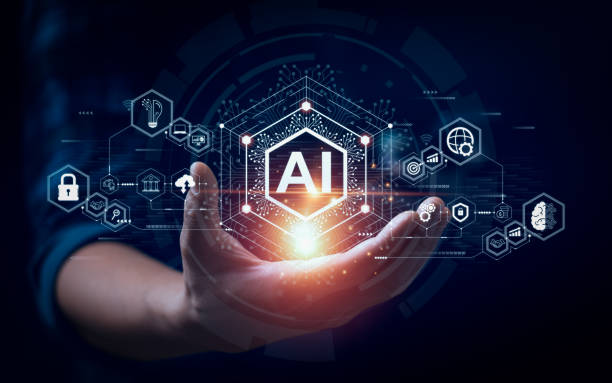
AI plays a transformative role in alternative dispute resolution (ADR) by improving efficiency, reducing costs, and enhancing accessibility. However, it also raises challenges regarding fairness, transparency, and the lack of human empathy.
Role of AI in ADR
AI can automate routine tasks such as case intake, document review, and legal research, while providing data-driven analysis and predictions that streamline dispute resolution processes. AI-powered online dispute resolution (ODR) systems often include chatbots for initial communication, machine learning algorithms for case evaluation, and decision-making frameworks to facilitate negotiation and settlement .
Advantages of AI in ADR
Ø Increased Efficiency: AI expedites dispute resolution by automating workflows and quickly accessing relevant information, potentially reducing case timelines from months to weeks
Ø Cost Reduction: Automating labor-intensive processes lowers costs, making dispute resolution more affordable, especially for low-value cases
Ø Objectivity: AI provides impartial analysis based on data, minimizing biases that may affect human decision-making.
Ø Improved Accessibility: AI platforms enable self-represented parties to navigate dispute resolution processes more easily without extensive legal expertise, democratizing access to justice
Disadvantages and Challenges
o Fairness and Human Judgment: AI lacks the emotional intelligence, empathy, and discretionary judgment that human mediators and arbitrators provide, which can be crucial for equitable resolutions.
o Transparency Issues: AI decision-making processes are often opaque, making it difficult for parties to understand how decisions are reached, which undermines trust and procedural fairness.
o Potential for Bias and Errors: Algorithms may exhibit biases based on training data and can produce incorrect or unjust decisions.
o Confidentiality and Privacy Risks: Use of AI raises concerns about data security and protection of sensitive information during dispute resolution.
o Enforceability and Legal Acceptance: Awards or decisions made solely by AI may be challenged for violating fundamental legal rights such as the right to a fair trial, raising enforcement and public policy issues.
In conclusion, AI offers significant benefits in making ADR processes faster, cheaper, and more accessible, but it must be thoughtfully integrated to preserve fairness, transparency, and trust, often requiring human oversight to complement AI capabilities.
This balanced understanding allows legal and dispute resolution professionals to harness AI’s potential while navigating its limitations responsibly.
Shafiq Taibjee
Lawyer/Arbitrator/Mediator/Certified Islamic Arbitrator & Expert
Honorary Fellow IICRA (UAE)
